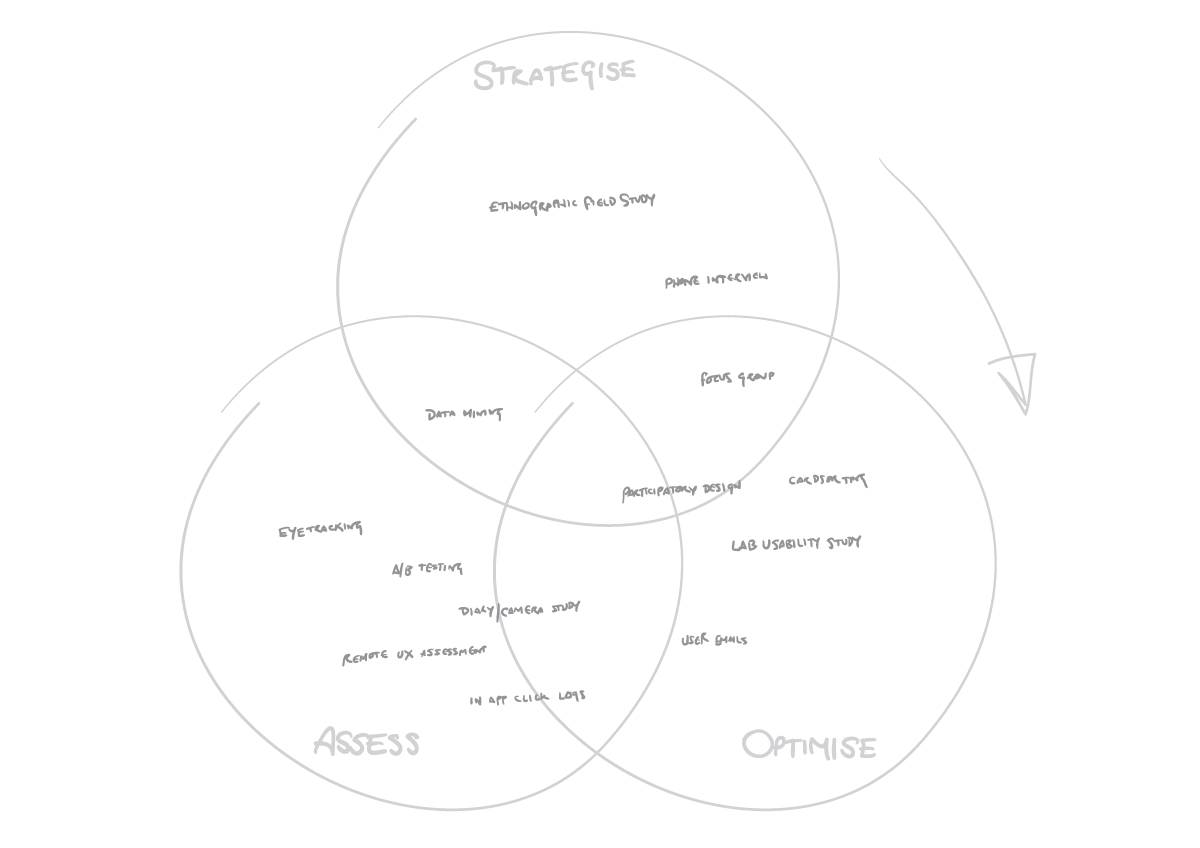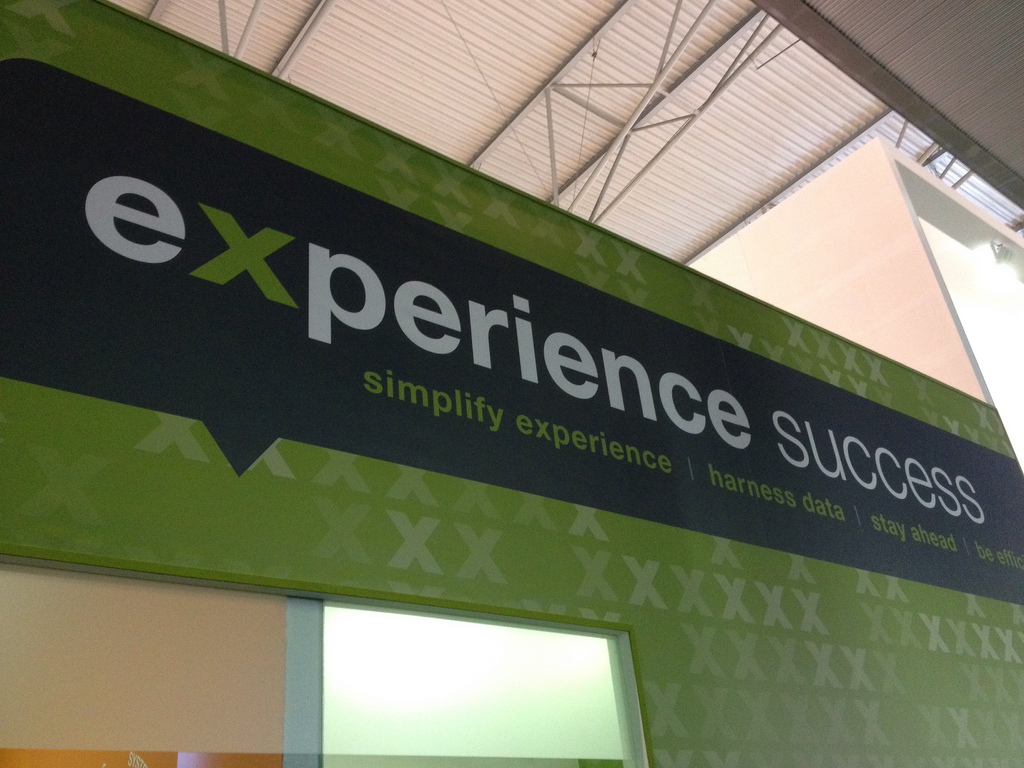Human qualities & organisational design
Achieving good user experience is as much about the organisational challenge as it is about the design process.
For this reason, I was intrigued by an invitation to The Foundation’s discussion of ‘Human organisations are what we need but not what we want’. An opportunity, perhaps, to better understand how companies can prioritise the characteristics which inspire people to do their best work and remain focused on the goals of their customers.
The Foundation’s Charlie Dawson challenged participants to consider their responsibilities as leaders of large organisations, what qualities they wanted their staff to represent and how those qualities related to the priorities of their customers.
Further thoughts were offered by Anthony Painter, the political researcher, Benjamin Pope, a conductor and musical director of the Royal Ballet of Flanders, and Zarine Kharas, founder and Chief Executive of JustGiving, the fundraising web-site which has helped about 21 million people raise £1.5 billion.
The conversation was wide ranging and highlighted the overall challenge organisations face as they grow and it becomes easier to hide from the customer. Three points struck me as particularly insightful and closely related to the issues facing members of the MEX community:
Zarine Kharas spoke about her insistence that staff avoid choosing ‘soft consensus’ and instead encourages a spirit of enquiry where argument is seen as a necessary and productive part of ensuring good ideas succeed, even when they may seem difficult to achieve. These should be measured, she said, not by the nebulous, company-centric metric of ‘efficiency’ but rather by their ‘effectiveness’ at solving customer problems.
Benjamin Pope spoke eloquently and with self-deprecating humour about the complex role of the conductor. He remarked on the importance of allowing the specialist, individual talents of every member of the orchestra to be heard, while maintaining the overall sound.
Finally, Kharas spoke about taking a conscious choice to never impose a rule book. It was when individuals were trusted to do the right thing that they did their finest work, a level unachievable by instruction alone.
Lamenting the diluting effect of company bureaucracy is a common refrain among designers. It can be be frustrating to watch the solution to users’ actual needs distorted by the lens of corporate politics. By the time the original design reaches the market, a succession of human filters – concerned with goals unrelated to user priorities – have transformed it into something which no longer provides good customer experience.
Healthy design, it seems, starts with a healthy organisation.



Markus Hohl followed up with a link to this @DesignCouncil report on ‘Leading Business by Design’. It addresses questions about how customer-centred design can be best supported by organisational structure and leadership:
http://www.designcouncil.org.uk/our-work/Insight/Research/Design-in-the-Boardroom/